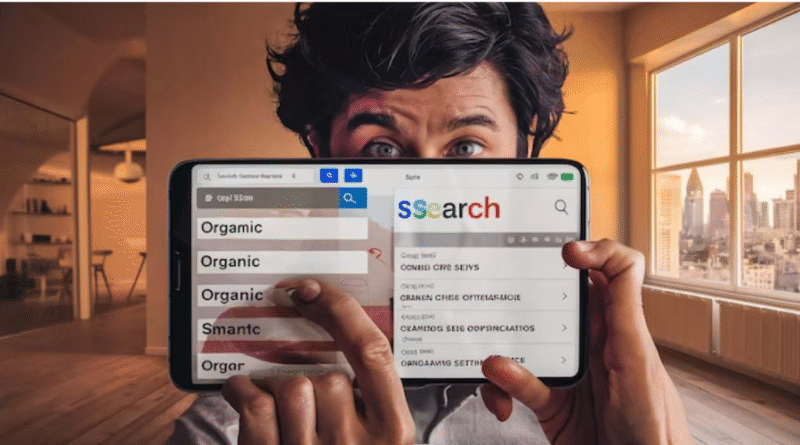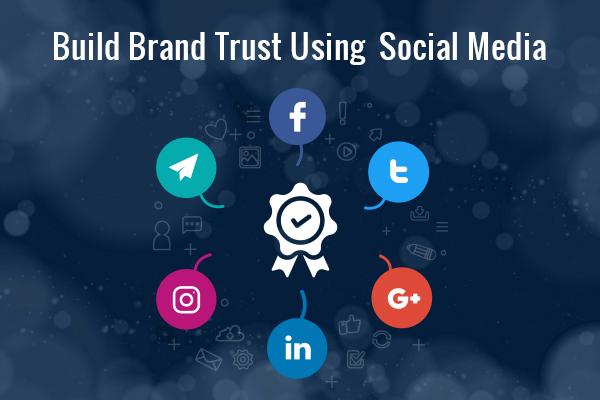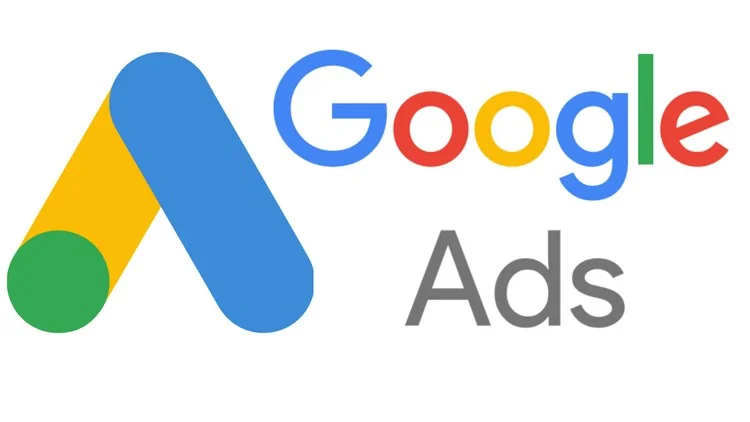How To Improve PPC Campaign Performance: A Checklist
Are your PPC campaigns falling short of expectations? You’re not alone – many businesses face the same challenge. Without a clear, structured strategy, even well-funded campaigns can underperform. That’s where effective Google Ads Management comes into play.
This blog brings you a practical, easy-to-follow checklist to help boost your PPC campaign performance. From refining your keywords and ad copy to improving landing pages and tracking conversions, each step is designed to bring better results with smarter effort. Whether you’re managing your ads in-house or working with an agency, this guide will give you the clarity and direction you need. Let’s take the guesswork out of Google Ads and start building campaigns that truly deliver.
Essential Google Ads Management Practices for Better Performance
1. Audit Your Account Structure
Effective Google Ads Management requires regular monitoring and optimization of your campaigns. Start by reviewing your account structure to ensure it’s properly organized.
What to check:
- Campaign organization by product categories or business goals
- Ad group relevance and focus
- Budget allocation across campaigns
- Campaign settings (networks, locations, languages)
A well-structured account makes management easier and improves performance. Take time to organize your campaigns logically, grouping similar keywords into relevant ad groups. This foundation is crucial for all other optimization efforts.
2. Review and Refine Your Keywords
Keywords are the backbone of any successful PPC campaign. Regularly reviewing your keyword performance helps identify opportunities for improvement.
What to check:
- Search term reports to find new keywords
- Negative keyword lists to eliminate irrelevant traffic
- Keyword match types for proper targeting
- Keyword quality scores
The right Google Ads Management strategy can make a significant difference in your campaign performance. Focus on keywords that drive conversions and eliminate those that waste budget on irrelevant clicks.
Optimizing Your Google Ads Management for Maximum ROI
3. Enhance Your Ad Copy
Your ad copy directly impacts click-through rates and quality scores. Create compelling ads that speak to your audience’s needs.
What to check:
- Ad relevance to keywords and landing pages
- Unique selling propositions in headlines
- Clear call-to-actions
- Ad extensions usage (sitelinks, callouts, structured snippets)
Google Ads Management is not a set-it-and-forget-it process but requires ongoing attention. Test different ad variations to see what resonates best with your audience. Use the data to refine your messaging continuously.
4. Optimize Landing Pages
The user experience doesn’t end with a click on your ad. Your landing pages play a crucial role in converting visitors.
What to check:
- Landing page relevance to ad copy and keywords
- Page load speed on mobile and desktop
- Clear value proposition above the fold
- Simple conversion path with minimal distractions
Optimizing landing pages is crucial for successful google ads lead generation campaigns. Ensure your pages deliver on the promises made in your ads and make it easy for visitors to take the desired action.
Effective Strategies for Google Ads Lead Generation
5. Refine Your Bidding Strategy
Your bidding strategy directly impacts campaign visibility and cost-effectiveness.
What to check:
- Current bidding strategy performance
- Conversion tracking setup
- Bid adjustments for devices, locations, and time of day
- Smart bidding options based on your goals
Implementing AI-driven tools can significantly improve your Google Ads Management results. Consider using Google’s automated bidding strategies like Target CPA or Target ROAS if you have sufficient conversion data.
6. Segment and Target Your Audience
Reaching the right audience is essential for campaign success.
What to check:
- Audience targeting options (demographics, interests)
- Remarketing lists setup and performance
- Customer match opportunities
- In-market audience targeting
Focusing on google ads lead generation requires understanding your target audience’s search behavior. Use audience insights to refine your targeting and create more relevant ads for different segments.
Implementing Ecommerce PPC Services Best Practices
7. Optimize Shopping Campaigns
For ecommerce businesses, shopping campaigns are often the most profitable PPC channel.
What to check:
- Product feed optimization
- Product group structure
- Bidding strategy for different product groups
- Negative keywords for shopping campaigns
Quality ecommerce ppc services include regular analysis of product performance and market trends. Ensure your product titles, descriptions, and images are optimized for maximum visibility and click-through rates.
8. Track and Analyze Performance
You can’t improve what you don’t measure. Set up proper tracking and regularly analyze your results.
What to check:
- Conversion tracking implementation
- Key performance indicators alignment with business goals
- Regular reporting schedule
- Performance trends over time
Professional Google Ads Management services can help you achieve better ROI from your campaigns. Track important metrics like click-through rate, conversion rate, cost per conversion, and return on ad spend to gauge campaign effectiveness.
Advanced Google Ads Management Techniques
9. Implement Regular Testing
Continuous testing is key to ongoing improvement.
What to check:
- A/B testing plan for ads and landing pages
- Testing variables (headlines, descriptions, CTAs)
- Statistical significance of test results
- Implementation of winning variations
When selecting ecommerce ppc services, look for providers with experience in your specific industry. They should have a structured testing methodology to continuously improve campaign performance.
10. Stay Updated with Platform Changes
Google Ads constantly evolves with new features and updates.
What to check:
- Recent Google Ads updates and new features
- Beta program opportunities
- Industry news and best practices
- Account representative insights
Setting up Google Ads Management processes that include staying informed about platform changes will help you maintain competitive advantage and leverage new opportunities as they arise.
Conclusion
Improving your PPC campaign performance requires a systematic approach and ongoing attention to detail. By following this checklist, you can identify areas for improvement and implement changes that drive better results. Remember that effective Google Ads Management is an ongoing process that requires regular monitoring, testing, and optimization.
Mount Web Technologies is a digital marketing agency that works with a data-proven approach to PPC campaign management. We analyze your campaign data to identify performance gaps and opportunities, then implement strategic optimizations based on industry best practices and platform expertise. Our team stays updated with the latest Google Ads features and techniques to ensure your campaigns deliver maximum ROI. We believe in transparent reporting and collaborative strategy development to achieve your specific business goals.











